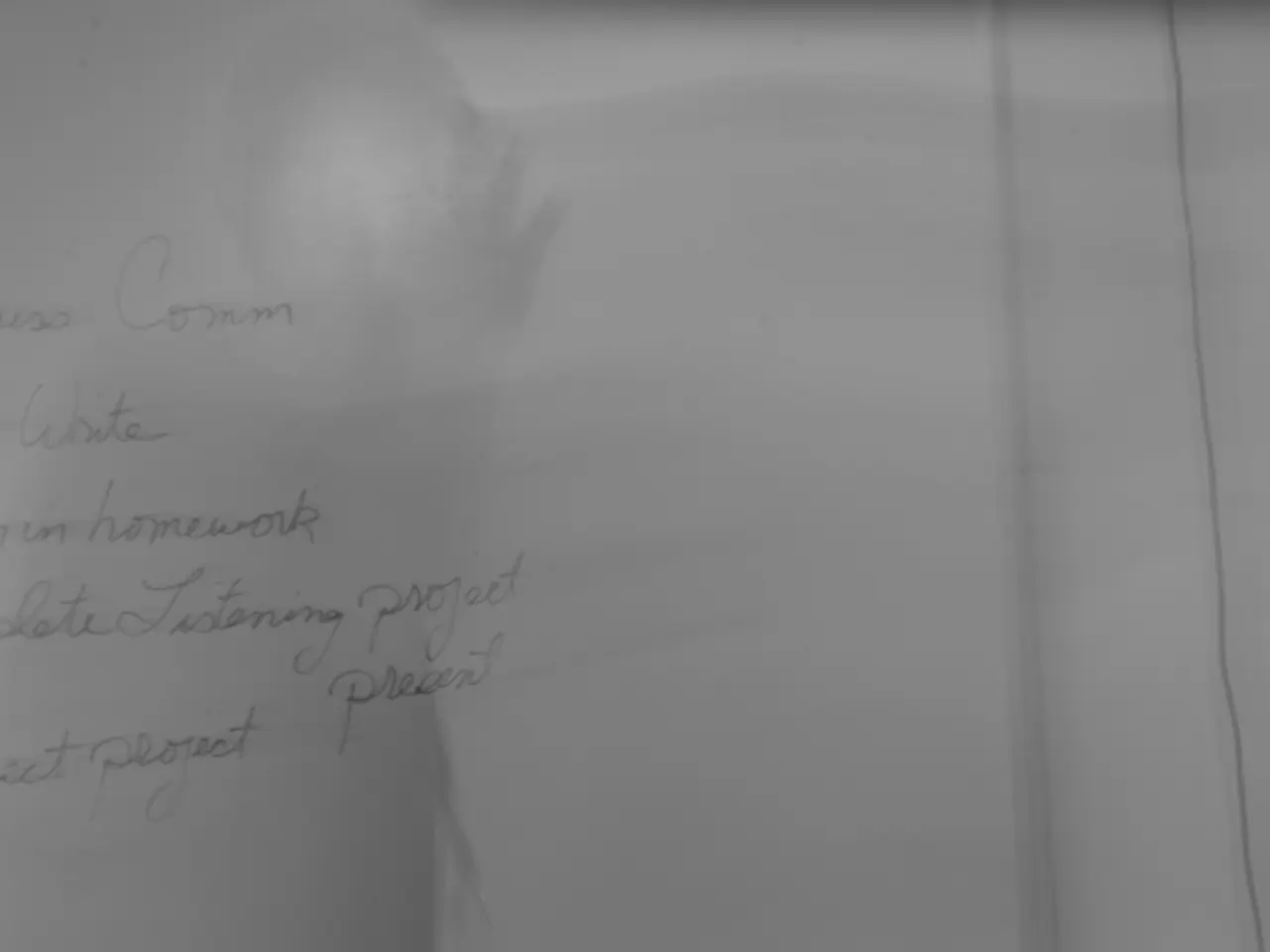Rationale Behind Why Intelligent Individuals Can Often Result in Poor Choices
In a world where intelligence is often equated with success, it's essential to understand that even the brightest minds can fall into the "smart but wrong" trap. This phenomenon occurs due to various factors that impact how information is processed and decisions are made, even in highly capable thinkers.
One reason for this is overthinking. Intelligent people, with their analytical prowess, tend to overcomplicate simple decisions, leading to what's known as "analysis paralysis." This delay in decision-making can result in missed opportunities and suboptimal outcomes. Their pursuit of perfection can prevent them from settling for a "good enough" choice that would yield results.
Another key factor is overconfidence. Intelligent individuals, accustomed to being correct, may develop a belief that they know best, even in areas outside their expertise. This overestimation of expertise can lead to ignoring external input, making decisions based on assumptions rather than evidence, and ultimately, flawed outcomes.
Cognitive biases also play a significant role in poor decision-making. Biases such as confirmation bias, sunk cost fallacy, Dunning-Kruger effect, halo effect, and loss aversion can distort judgment by filtering information through pre-existing views and emotional investment. These biases are not entirely mitigated by intelligence, and they can affect decision-making regardless of one's intelligence level.
Emotions, often overlooked in decision-making, are crucial, especially in situations involving intuition or emotional complexity. Intelligent individuals who suppress emotions, underestimate emotional factors, or ignore gut feelings may impair decision quality in these contexts. Emotional blind spots can lead to cold, tone-deaf choices and a failure to connect with others.
Examples of brilliant minds making infamous decisions abound. From Isaac Newton to Robert McNamara, Elizabeth Holmes, and Albert Einstein, even the most intelligent individuals have made poor choices. However, being aware of these pitfalls is the first step in avoiding the "smart but wrong" trap. Strategies to avoid this include asking for outside perspectives, acknowledging emotional responses, seeking feedback, beingware of confidence spikes, using heuristics with caution, and remembering that uncertainty is not failure.
It's crucial to note that intelligence, IQ, and rational thinking ability are distinct concepts. While intelligence (IQ) enhances logical capacities, it doesn't guarantee rational decision-making. Emotional intelligence (EQ), a separate skill set, is equally important. Smart people, despite their cognitive abilities, are not immune to cognitive biases. The most effective thinkers aren't just intelligent; they're humble, self-aware, and open to being wrong.
In conclusion, the curse of analysis paralysis, overconfidence, emotional blind spots, and cognitive biases can impair judgment even in highly capable thinkers. Balancing cognitive and emotional intelligence and awareness of biases can help in overcoming these pitfalls. Being smart doesn't guarantee making the right decisions, but it does provide the ability to learn faster, course-correct better, and become more resilient than most.
In the realm of education-and-self-development, understanding the interplay between intelligence and personal-growth can be beneficial. For instance, overcoming analysis paralysis, a common pitfall in business psychology, is essential for making timely and effective decisions.
Moreover, acknowledging the role of emotions in history, especially when decision-making involves intuition or emotional complexity, is crucial.Ignoring emotional factors can lead to poor decision-making and impaired connections with others.
Furthermore, diversifying sources of knowledge from various fields like science, psychology, and history can help in understanding and minimizing the impact of cognitive biases on decision-making, which is essential for achieving optimal outcomes.




